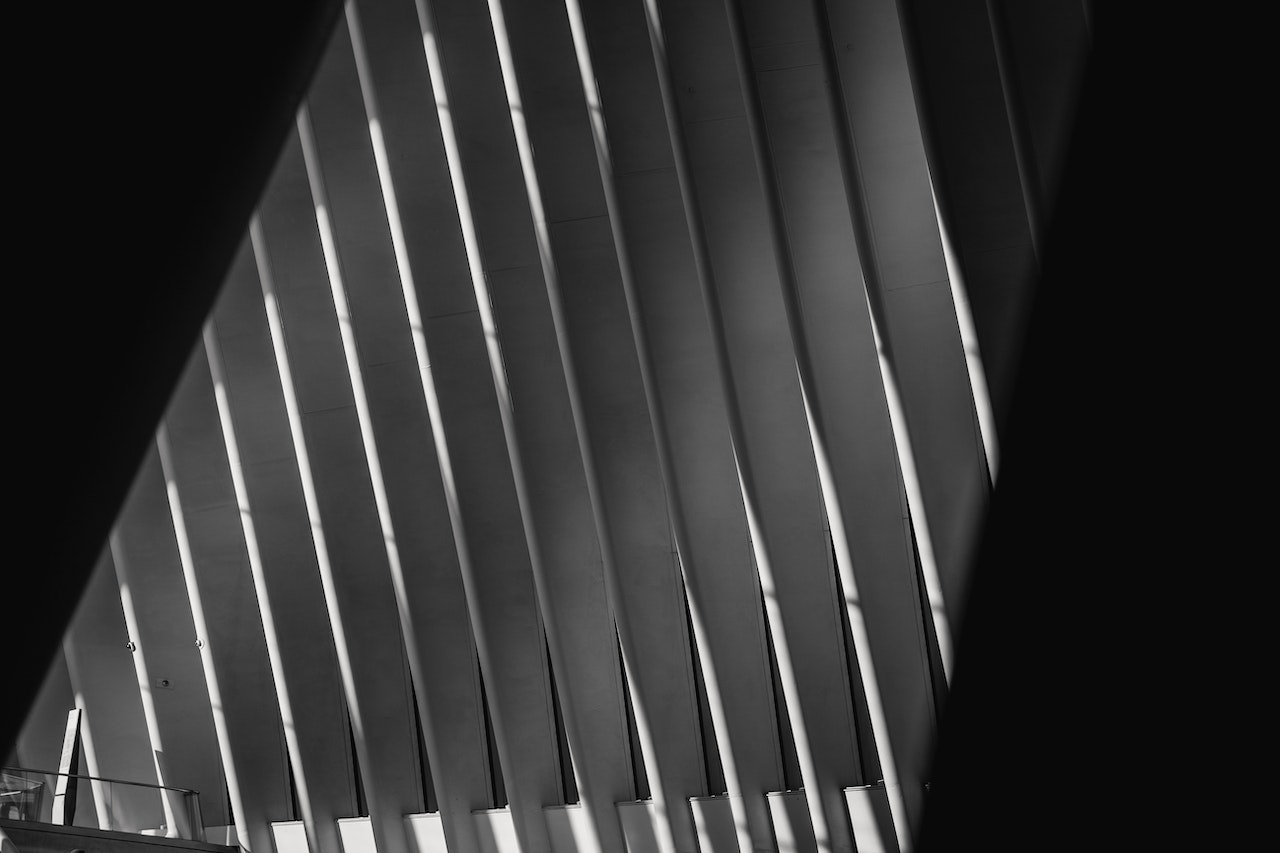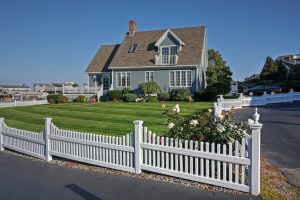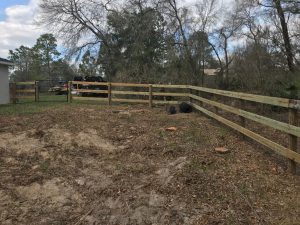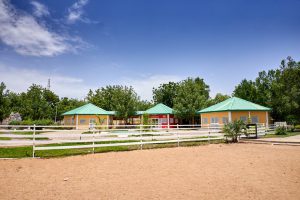As a property owner, you know that security and privacy are essential to the peace of mind of your family and belongings. One way to achieve this is by erecting a fence around your property. A fence will keep intruders at bay and also add beauty to your property. Choosing the right fencing material can be a daunting task, given the numerous options available in the market. In this article, we will guide you on how to choose the best fencing material for your property.
Factors to consider when choosing fencing material
When selecting a fencing material, several factors come into play. These include:
Purpose of the fence
Before settling on a fencing material, you need to establish the primary purpose of the fence. Are you looking for a fence to keep intruders out, to create privacy or for aesthetic reasons? The purpose of the fence will influence the type of material you choose.
Your budget
The cost of fencing materials varies widely. Some materials are more expensive than others. Your budget will determine the type of material you can afford. However, don’t compromise quality for the price, as you may end up with a fence that doesn’t meet your expectations.
Maintenance
Different fencing materials have varying levels of maintenance. Some require regular maintenance, while others require little to no maintenance. If you have a busy schedule, you may want to consider a low-maintenance material.
Climate and environmental factors
The climate and environmental factors in your area also affect the choice of fencing material. For instance, if you live in a humid area, you may want to avoid wood fencing as it may warp and rot. In areas prone to high winds, you may want to consider a material that can withstand strong winds.
Local regulations
Local regulations may dictate the type of fencing material you can use in your property. Before making a purchase, it’s essential to check with your local authorities to avoid legal issues.
Types of fencing materials
Now that we have covered the factors to consider let’s delve into the various fencing materials available.
Wood Fencing
Wood fencing is a popular option for many homeowners. It’s affordable, easy to work with, and provides a natural look that blends well with the environment. However, wood fencing requires regular maintenance to prevent rotting, warping, and insect infestation. Common types of wood used for fencing include cedar, redwood, and pine.
Vinyl Fencing
Vinyl fencing is a low-maintenance option that’s durable and resistant to rotting, cracking, and insect infestation. It’s available in a variety of styles, colors, and textures, making it an attractive option for many homeowners. However, vinyl fencing is more expensive than wood fencing.
Aluminum Fencing
Aluminum fencing is durable, low maintenance, and resistant to rust and corrosion. It’s an ideal option for areas with high humidity and moisture. Aluminum fencing is available in different styles and colors, giving homeowners the freedom to choose a design that matches their preferences. However, aluminum fencing may not be suitable for areas with high winds.
Chain Link Fencing
Chain link fencing is a popular option for commercial properties, parks, and playgrounds. It’s affordable, low maintenance, and offers high visibility. Chain link fencing is available in different heights and gauges, making it an ideal option for different applications.
Wrought Iron Fencing
Wrought iron fencing is durable, elegant, and provides excellent security. It’s available in different designs and styles, giving homeowners a wide range of options to choose from. However, wrought iron fencing is expensive and requires regular maintenance to prevent rusting.
Conclusion
Choosing the right fencing material for your property is crucial in ensuring the security and privacy of your family and belongings. Before settling on a particular material, consider factors such as the purpose of the fence, your budget, maintenance requirements, climate and environmental factors, and local regulations. Once you have identified the ideal material, engage the services of a professional installer to ensure a proper installation that meets your needs.
FAQs
Q1. How long does a fence last? A: The lifespan of a fence depends on the material used and the level of maintenance. For instance, a well-maintained wood fence can last up to 20 years, while a vinyl fence can last up to 30 years.
Q2. Can I install a fence myself? A: While it’s possible to install a fence yourself, it’s recommended to engage the services of a professional installer. A professional installer will ensure a proper installation that meets your needs and local regulations.
Q3. Can I paint or stain my fence? A: Yes, you can paint or stain your fence to enhance its appearance and increase its lifespan. However, it’s recommended to use a paint or stain that’s suitable for the material used.
Q4. Can I install a fence in winter? A: Yes, you can install a fence in winter. However, it’s essential to ensure that the ground is not frozen, and the weather conditions are suitable for installation.
Q5. How do I maintain my fence? A: The maintenance requirements of your fence depend on the material used. However, common maintenance practices include regular cleaning, painting or staining, and repairing any damages. It’s recommended to consult with a professional installer on the maintenance requirements of your fence.




